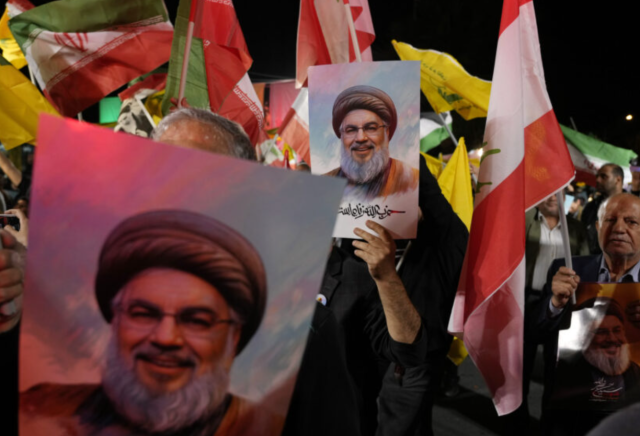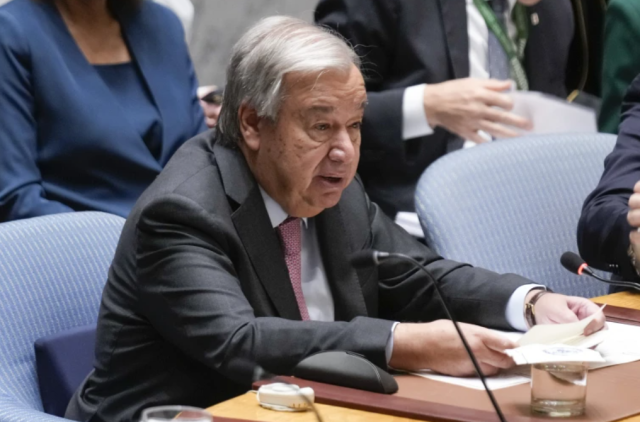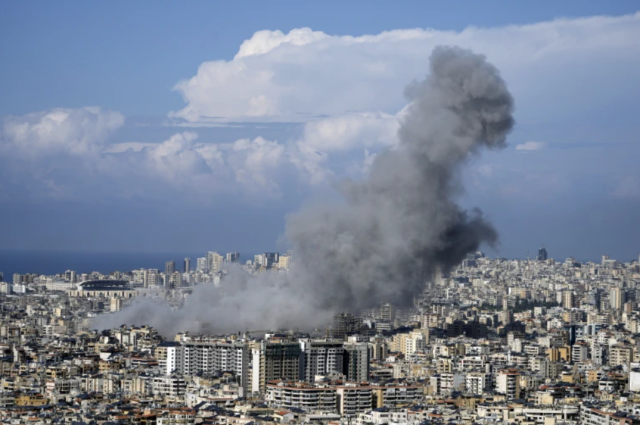
Some, like Richard Goldberg from the Foundation for the Defense of Democracies, call for strong U.S. support to help weaken Iran's government. Others, such as Yoel Guzansky, a former Israeli security official, suggest the U.S. should join Israel in attacking Iran directly. Critics warn that such military actions could lead to long-term conflict and unintended consequences, drawing comparisons to the Iraq War.
Israel's airstrikes have severely impacted Hezbollah and Hamas, though concerns are rising that Iran may retaliate, escalating the situation further. The conflict complicates U.S. efforts to mediate cease-fires and hostage releases, with officials like Vice President Kamala Harris expressing U.S. support for Israel while pushing for peace.
The strikes aim to weaken Iran's "Axis of Resistance," which includes groups in Lebanon, Iraq, Syria, and Yemen. Iran's regional power expanded after the U.S. invasion of Iraq, which some argue unintentionally empowered Tehran.
The ongoing conflict may reshape the region's balance of power, but the final outcome remains uncertain, with experts cautioning that further escalation could pose serious challenges for both Israel and the U.S.
Copyright ⓒ Aju Press All rights reserved.



